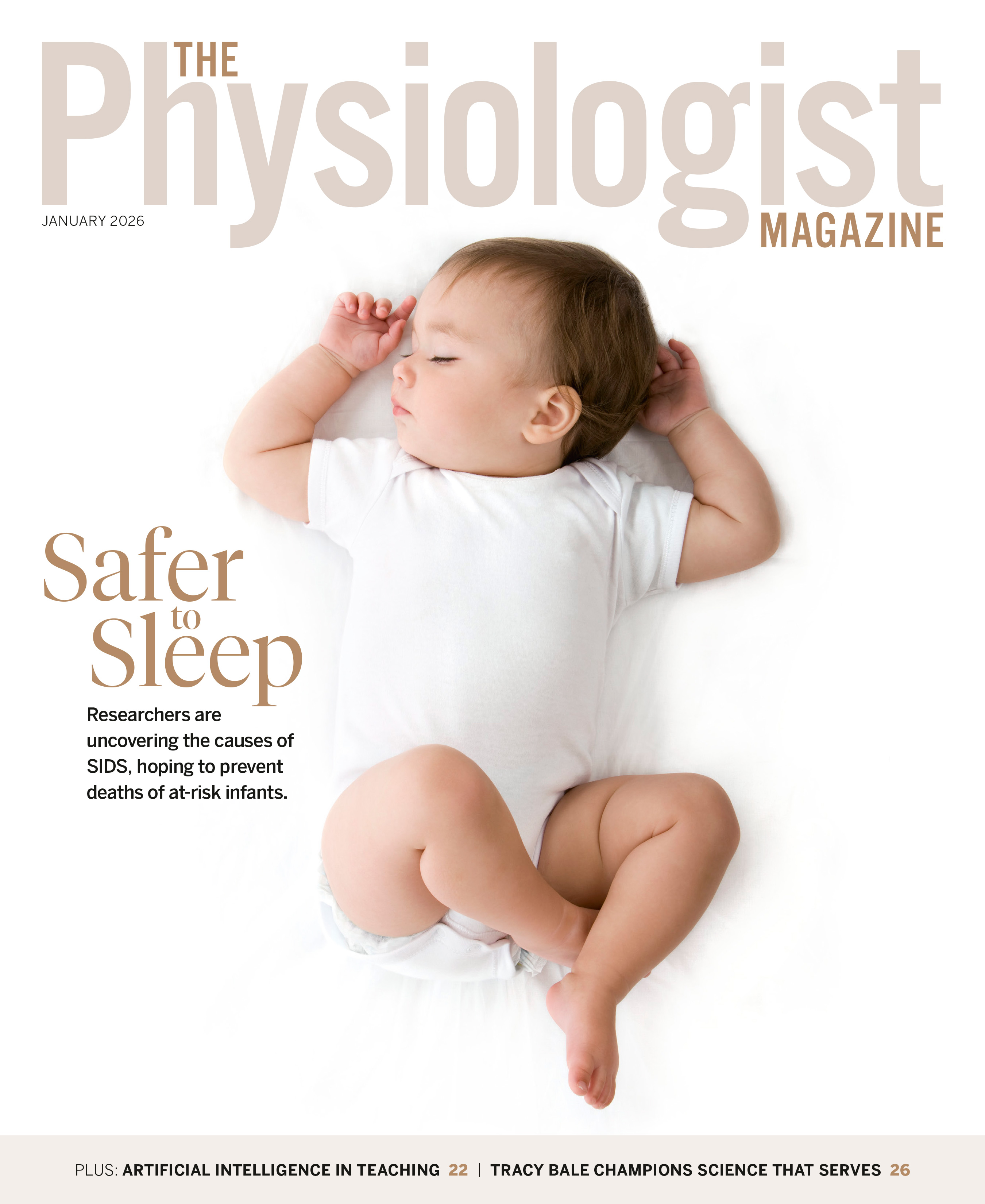Landing a Postdocoral Researcher Position
Here's how to showcase your skills and experiences to future employers.

We asked a student or early-career member to pose their career questions to an established investigator and mentor. Here, Marissa Westenskow, a doctoral candidate at the University of New Mexico Health Sciences Center, asks Antentor O. Hinton Jr., PhD, about how to prepare for and secure a postgraduate position. Hinton is an assistant professor in the Department of Molecular Physiology and Biophysics at Vanderbilt School of Medicine Basic Sciences in Nashville, Tennessee.
How can I market my graduate school skills and experiences
to future employers?
A: One of the most important skills from graduate school is being a self-advocate. Focus on the research projects undertaken during graduate school, emphasizing not only the technical skills but also
project management, problem-solving and collaboration abilities.
Promoting skills learned should not be exclusive to laboratory skills, but rather the complete suite of advantages you can offer and the perspective that you bring as a result of your cumulative life experience. This includes showcasing any publications, presentations or grants and highlighting any teaching, mentoring or leadership roles that indicate an ability to communicate complex concepts effectively and lead teams.
What does a reasonable timeline for obtaining post-graduation employment look like?
A: The timeline will vary, and it is important to have a diverse mentoring network to offer advice on fellowships. Generally, one
should start searching for postdoctoral fellowships or other jobs at least six to 12 months before graduating. This allows sufficient time for networking, researching potential positions and preparing application materials. Being open and honest about
your timeline is important, as unexpected delays may come up.
What are some things to consider regarding peer mentoring and preparing less-experienced trainees to take on more senior roles in the lab?
A: Mentoring is the lifeblood and fuel of scientific innovation. However,
critically, there is no one-size-fits-all approach to mentoring. Rather, intentional and individualized mentoring is necessary. Generally, I’ve found a structured mentoring program with multiple mentors is helpful to prepare less-experienced
trainees. I pair junior trainees with more experienced researchers for guidance and support, as well as pair mentor groups and mentoring triads with postdoctoral fellows and myself, the principal investigator (PI). This provides multiple sources of
encouragement and advice.
As a PI, I encourage open communication and provide opportunities for skill development through workshops, seminars and hands-on training. These mentoring networks also foster a collaborative and inclusive lab culture where everyone feels valued and supported in their professional growth.
How should an early-career researcher navigate a transition into a new field of physiology after graduate school?
A: This requires careful planning and adaptability—again, mentors will be a critical resource
in such a change. Drawing on existing networks, you should seek to see if you have someone in the field you wish to transition into. If you do not already know somebody, do not be afraid to reach out to your mentors or colleagues to let them know
about your transition and ask if they can connect you to relevant researchers in the new field.
While a new field can be intimidating, remember that you will have many transferable skills and experiences from graduate school that are relevant to the new field. Highlight those in applications. While the transition can be daunting, embrace the learning curve and be open to new challenges that can lead to opportunities for growth.
Got a career question you'd like to submit? Email it to tphysmag@physiology.org. We may use it in an upcoming Mentoring Q&A.
This article was originally published in the July 2024 issue of The Physiologist Magazine. Copyright © 2024 by the American Physiological Society.
The Physiologist Magazine
Read the Latest Issue
Don’t miss out on the latest topics in science and research.
Contact Us
For questions, comments or to share your story ideas, email us or call 301.634.7314.


